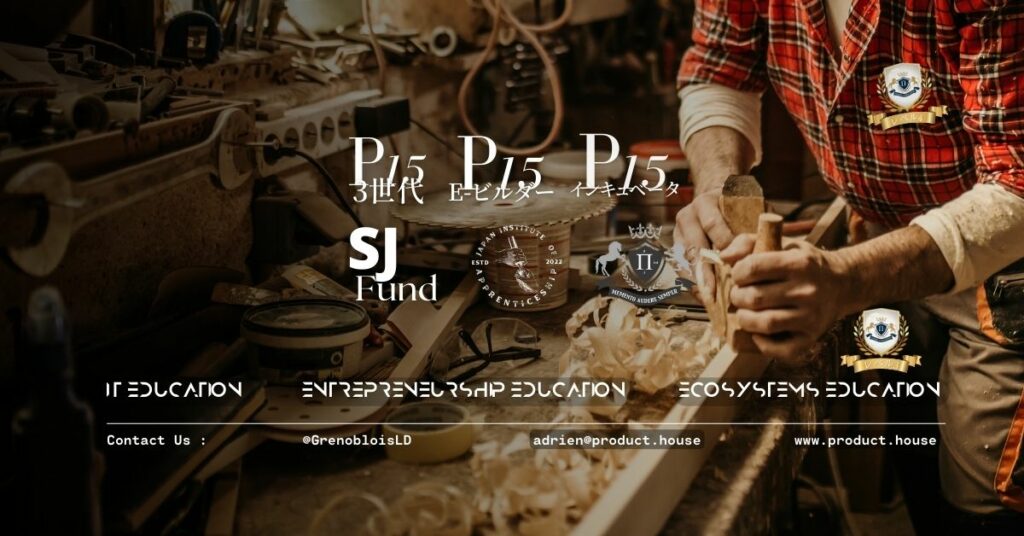Core Value Set – #1: GRIT
Grit is persistence in the face of adversity. The term “grit” is frequently used in the fields of psychology and sociology to describe an individual’s ability to persevere in the face of hardship. Most commonly, resilience is thought of as an inner strength that can be drawn upon while facing challenging situations. Let’s delve a little deeper.
Simply put, what is Grit?
- Grit is the resilience and perseverance to keep going in the face of adversity.
- Grit is what keeps you moving forward when life smacks you about and delivers you blow after blow.
- Grit is a character attribute that goes hand in hand with bravery and perseverance in the context of constantly working to get better at what we do.
- Grit is the ability to stick with a goal over the long haul with consistency and adaptability, combining elements of bravery, resolve, passion, will, tenacity, and wit.
When life becomes rough, having grit helps you keep going.
- Grit is what keeps you sane in the face of the worst disasters you’ll ever encounter.
People commonly use the phrase “Life happens!” to rationalize their decision to give up. The tough ones don’t give up hope, don’t give up on excellent and life-structuring behaviors, and don’t give up on their path because of external events, adversity, or life ultimatums.
A goal is in sight for a person with grit, and that objective is virtualized in a vivid, lasting, and potent way. A destination that can’t be thwarted.
It bears repeating that gritty workers (in any field) are badasses. In whichever occupation they may be: product managers, artists, craftspeople, students, and learners of all stripes.
They’re unyielding, hard-nosed, and maybe even scary as a result. They are tough. And when I say “tough,” I don’t mean a negative display of aggression or intimidation. When I say “deep, tough, and concentrated,” I’m talking about the impression that a self-assured individual gives off.
In reality, the gritty has little interest in discussing his plans for the future or what drives him to succeed. The gritty one leads by example, showing others the way, by doing what has to be done regardless of what others say.
Grit appears to be a crucial facet of leadership for a knowledge worker to exhibit while interacting with any team member.
The Meaning of Grit.
The concept of “grit” revolves around an ongoing dialogue with oneself. A never ending inner talk. Grit is about having this permanent dialogue and refusing to make the easy choice of giving up when adversity, fatigue, and anxiety knock at the door.
Grit is about knowing that giving up onces can become a spiraling habit for failure.
Grit is about overcoming your natural inclination to avoid or downplay adversity, worry, or sloth, and facing such things head-on.
Grit is not dependent on your circumstances improving overnight. A person with grit tells himself:
“I’m not thinking about doing it, I’m simply doing what has to be done right now to move on my road toward my objective despite this recent setback,” in the here and now and forever.
True Grit Consists of Constantly Challenging Average Performance.
One definition of “grit” is the refusal to accept subpar performance. Simple excuses like “it’s too hard,” “I’m too old,” “I’m too fat,” “I’m too short,” or “I’m too tall” must be abandoned since they contribute to a corrupted internal monologue.
- Grit is persisting when nothing seems to work and continually bettering yourself as a result of those efforts.
- Grit is about overcoming our own mediocrity and showing kindness to others around us.
- Grit is the ability to be much tougher on oneself while retaining an attitude of compassion for others.
- The pursuit of pride, posturing, or lecturing others is not what true grit is about. Instead, we maintain a low profile while keeping an eye on the horizon. All the while, we maintain our eyes on the vanishing outline of the prize that rightfully is ours. We carry the mental image of our best-case scenario being realized with us at all times.
Grit Is What Keeps You Going When Things Get Tough
The persistent person realizes that it takes effort and time to achieve anything worthwhile.
The path to achievement of any type will be fraught with challenges and obstacles. Those challenges will be met head-on and handled with the fortitude necessary to do so.
Every worthwhile goal requires a great deal of work over a long period of time. We recognize that there will be setbacks on the path to significant personal and professional transformation. We are ready on the inside to face the inherent lack of self-worth in us, yet we will battle tooth and nail to accomplish any task at hand.
We are aware that there will be periods of stagnation, plateau, and even reversal, both prior to and following periods of observable and exciting advancement. We won’t let the fleeting pleasure of those highs fool us.
Inevitably, we shall be confronted by the all-consuming black hole of failure and despair, but we are ready.
Grit gives me the strength to keep that door locked, the wisdom to know that setbacks are a natural and necessary part of the growing process (one that is welcomed with open arms), and the assurance that every setback is one step closer to success.
Knowing and welcoming the difficult obstacles on the road to extraordinary accomplishments puts us light years ahead of the average product manager, or anybody else for that matter.
In spite of what you might read or hear, there is no secret to achieving your goals quickly and easily. Your brain has a built-in self-defeating loser system that you cannot hack.
Stop trying to deceive yourself. Every day of your life, you’ll have to make an effort to overcome it. That’s why establishing patterns of behavior will be so helpful to your development. They need to be established, preserved, and regularly followed in order for one to get brain carving on a different path that promotes healthy brain development.
If you want to succeed no matter what obstacles life throws at you, you need to develop grit, throw away your excuses, and suck up your anger, worry, and dissatisfaction.
It is the continuing process of performing one’s work in spite of criticism, difficulty, and hostility that keeps us strong. This involves continuing your work even if you don’t see or expect any results in the near future.
In other words, you understand that it will take a considerable amount of time and effort before you see any fruit from your labor.
This implies you shouldn’t associate with those who have a “get rich quick” mindset, an expectation of rapid success, or a “let’s hack the system” attitude.
To become the finest person and worker you can be, there is no short cut; only getting tough on yourself will do the trick. And it won’t still be enough.
You will experience more setbacks than triumphs along the way. So just accept it, and if the success you’re hoping for arrives sooner, well, you made it, so celebrate.
But keep in mind that success is fleeting and that the real joy will be found in the journey, not the destination. If you don’t, you’ll only feel bad about yourself after any achievement, no matter how exceptional.
Grit is a trait that can be developed, although doing so may cause one to question their own identity. Therapy to improve emotional IQ may help you learn more about who you are and how you fit into the world.
Is going to therapy necessary for us to evolve as people?
Therapy is an important part of the numerous methods we have at our disposal for testing our limits. In order to develop our EQ skill set, we may also attend seminars, bootcamps, and other forms of training that focus on human interactions.
Success in a team and personal development in a professional setting are both contingent on the members’ IQ, EQ, and what some call the “adversity quotient,” or “AQ..
Why is grit still not enough?
So you’ve shown grit. But how does it play out on a team where members have vastly dissimilar traits in terms of personality, gender, culture, spirituality, and mental health?
Grit alone won’t be enough to successfully infuse a product vision into a team, for example, spread the word throughout an entire department or company, foster the kind of positive team spirit that’s expected, manage a large backlog, politely decline new ideas, negotiate constantly, motivate and confront team members, and persevere through multiple communications micro-failures.
Insisting on grit alone reduces the human experience and development to a platitude and a formula. The relationship you were hoping to forge may be ruined by your own stubbornness. The inability to admit defeat and move on from a failed effort can lead to counterproductive stubbornness.
So what’s next?
So I fought and got my ticket to be part of the exclusive “Grit” club, but it’s still not enough? So what now?
We’ll go on with the next important value we advocate, communicate, and live by.
Core Values Set:
Passion, congruence, grit, and resilience are the four pillars of our value set. We hope we can share these values with those (apprentice knowledge workers, students, or IT professionals interested in our programs) who choose to move to Japan and contribute actively to the country’s digital transformation and startup ecosystem growth.





